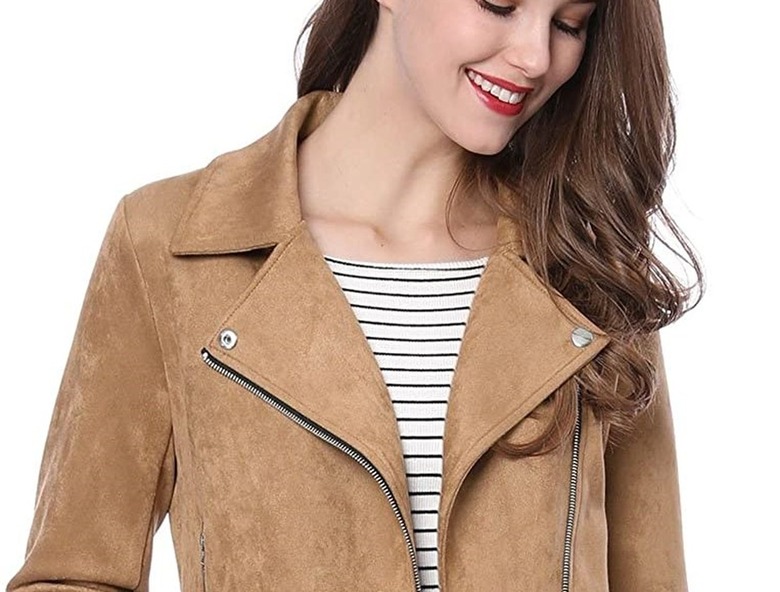What Are The Benefits Of Faux Suede?
When compared to real suede, faux suede has many benefits. It's more affordable, more water-resistant, and requires minimal maintenance. Most notably, it's cruelty-free. That said, ethical consumers may want to consider suede alternatives since faux suede has a negative impact on the environment.
What Is Faux Suede?
What Is Faux Suede?
Fake suede is a fabric that mimics the touch, look, and feel of natural suede leather. Though they may vary in fiber content, most fake suede fabrics are made with a microfiber polyester and a polyurethane binder. There are both woven and nonwoven versions of this fabric. Synthetic suedes are available in a range of colors and weights, as well.
The Benefits of Faux Suede
The Benefits of Faux Suede
The biggest difference between real suede and faux suede is that real suede is made from animal hide, whereas faux suede is made from polyester. Like leather, real suede is made from the underside of animals like cows, buffaloes, sheep, goats, and (most commonly) lambs. But since faux suede is human-made, you can rest easy knowing that no animals were harmed in the process of making it.
Faux suede is also easier to clean and care for. Unlike with real suede, you don't have to take your synthetic suede products to be dry cleaned or worry about regular maintenance. Fake suede is also more resistant to water and staining. And although this fabric is available at a range of price points, it's generally much more affordable than real suede.
Suede Alternatives to Consider
Suede Alternatives to Consider
Eco-conscious, ethical consumers may want to seek out suede alternatives altogether. While synthetic suede is cruelty-free, it's made from polyester, which isn't naturally biodegradable and is therefore bad for the environment. Depending on the product/piece of furniture, there are some good suede alternatives to consider.
Organic cotton, linen, hemp, and jute are all good options for upholstery. Waxed canvas and organic cotton are great for clothing and bags. Vegan leather is also on the rise, as a result of growing consumer awareness of the horrors of the leather industry and its impact on the planet. For example, mushroom leather is derived from fungi and is 100 percent compostable at the end of its lifecycle — it turns into soil rather than trash.
Whether you're shopping for eco-friendly gifts for yourself or others, it's all about choosing natural, sustainably sourced materials whenever possible if you're trying to be more of an ethical consumer. Of course, buying secondhand is the most environmentally friendly choice of all.
